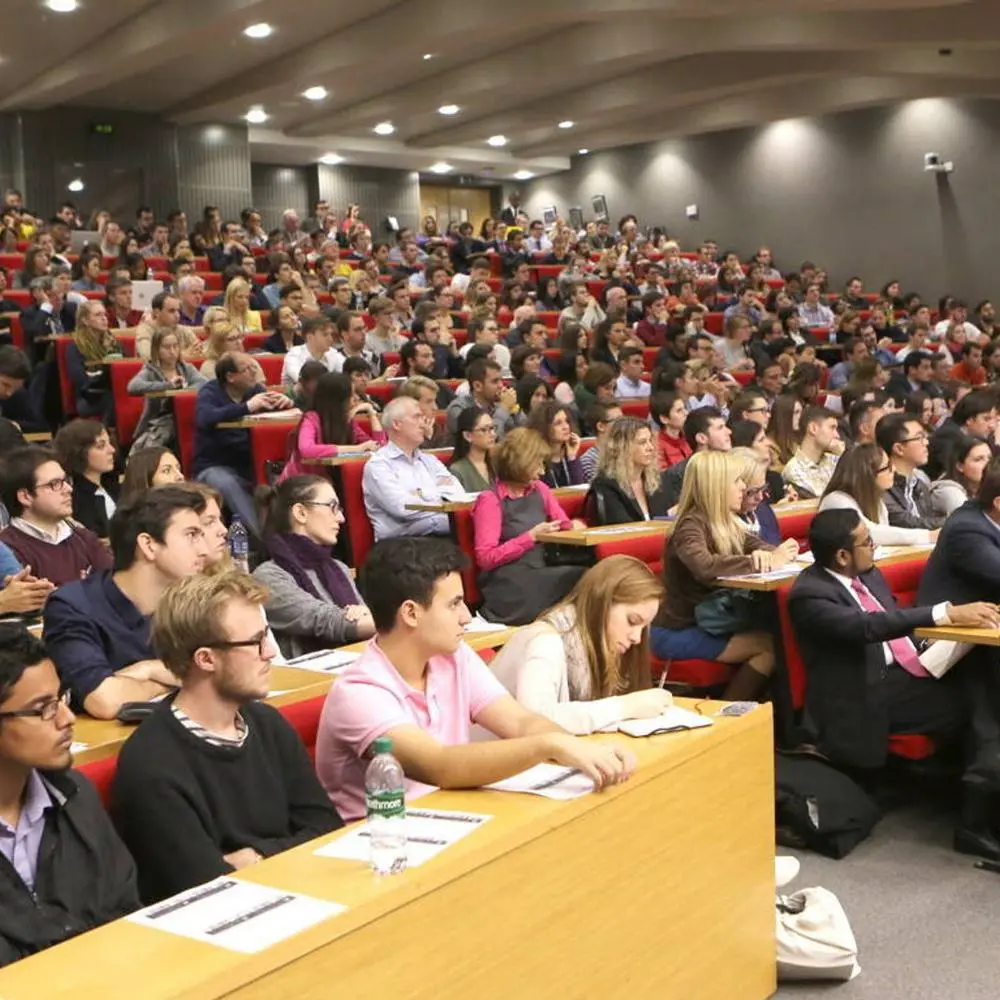Civic Stories from Conflict Zones: examples from the DRC, Somalia and Syria

The panel will discuss recent examples of civicness in the DRC, Somalia and Syria and ask whether there are ways to support and strengthen civicness from the outside, and whether this could help to weaken persistent conflict.
In all conflicts it is possible to find individuals and groups of people who help each other, who try to bring communities together or who resist the dynamics of conflict. This can be described as civicness. Civicness is manifested across the local, national and international spheres in several of the CRP research sites through, for example, activism in Somalia, elections in the DRC and participation in peace talks in Syria.
Khalif will reflect on his experience as both a researcher and social activist who has been involved in a wide range of civic initiatives over many years, within the Somali community in the UK as well as transnationally; an underlying concern being to attempt to counter or limit the divisive, exclusive and/or violent politics and conditions that he repeatedly encounters.
Rim will talk about how Syrian civil society carved a place for itself in the UN-led political talks and how this developed into innovative new ways for civil society participation.
Speaker Biographies
Khalif Abdirahman is a Senior Field Researcher in the CRP - Somalia team. Khalif has been involved in a number of prominent studies, for different institutions and has travelled the length and breadth of the Somalia.
Koen Vlassenroot (@kvlassen) is a Professor at Ghent University and Research Director for the Conflict Research Programme's work in the Democratic Republic of Congo. Professor Vlassenroot's area of expertise includes conflict dynamics in Central Africa, with a specific focus on public authority, armed groups, resource governance and land issues. He currently conducts research on networks of conflict, politics of resistance and armed groups in eastern DRC.
Rim Turkmani (Rim_Turkmani) is the Research Director for the Conflict Research Programme work in Syria. Dr. Turkmani is based in the Conflict and Civil Society Research Unit at the LSE.
Mary Kaldor (@LSE_CCS) is the Director of the Conflict and Civil Society Research Unit at LSE and Professor of Global Governance. Professor Kaldor pioneered the concept of new wars and global civil society and her work on the practical implementation of human security has directly influenced European and national politics.
This event is hosted by The Conflict and Civil Society Unit (@LSE_CCS). Building on the work of the Civil Society and Human Security unit, the team was renamed in 2017 to reflect the changing focus of the research being undertaken. The core concern of the unit remains the desire to better understand the ways in which ordinary people seek to shape the decisions that affect their lives, with a particular focus on those experiencing conflict, prolonged violence, or war.
LSE holds a wide range of events, covering many of the most controversial issues of the day, and speakers at our events may express views that cause offence. The views expressed by speakers at LSE events do not reflect the position or views of The London School of Economics and Political Science.
From time to time there are changes to event details so we strongly recommend that if you plan to attend this event you check back on this listing on the day of the event.
Whilst we are hosting this listing, LSE Events does not take responsibility for the running and administration of this event. While we take responsible measures to ensure that accurate information is given here (for instance by checking that the room has been booked) this event is ultimately the responsibility of the organisation presenting the event.
LSE holds a wide range of events, covering many of the most controversial issues of the day, and speakers at our events may express views that cause offence. The views expressed by speakers at LSE events do not reflect the position or views of the London School of Economics and Political Science.
